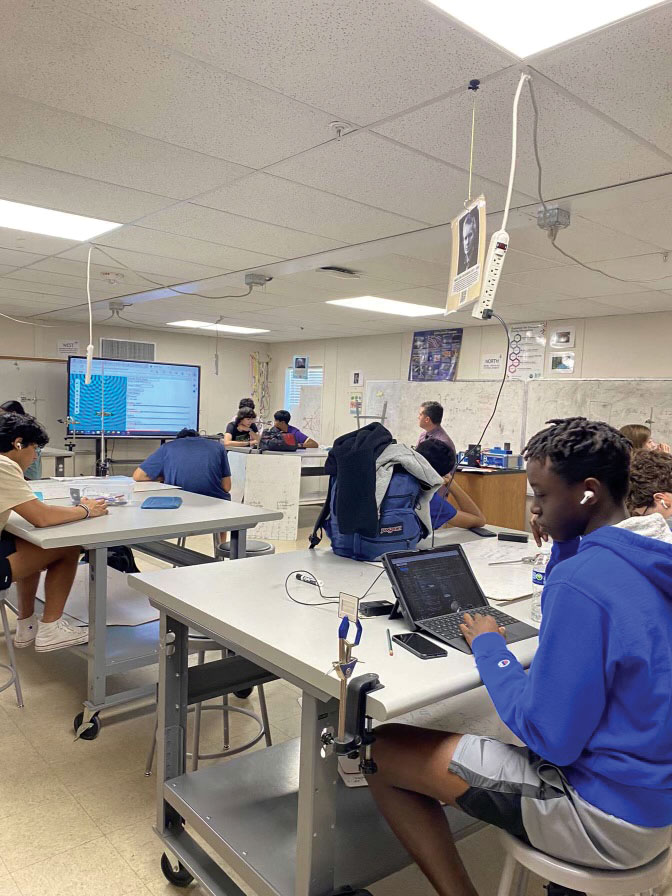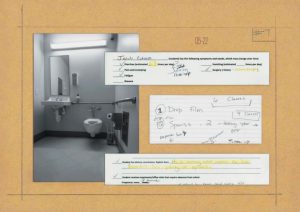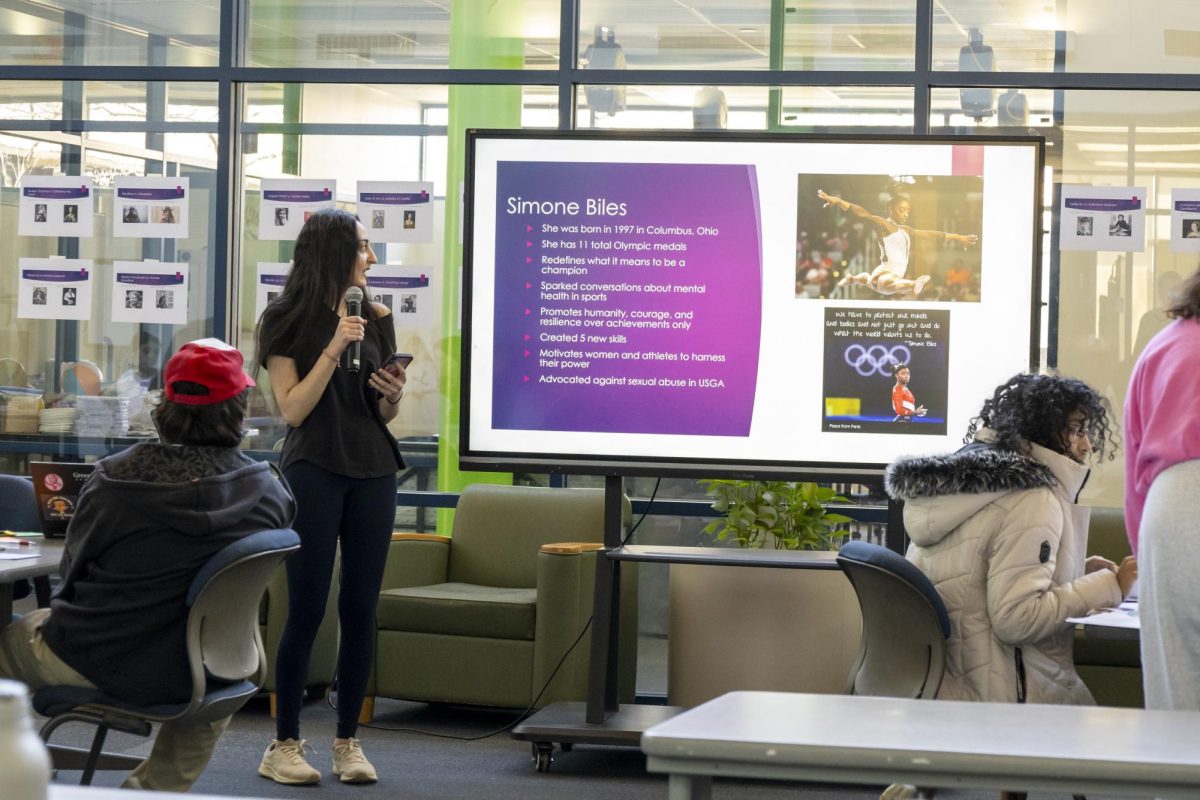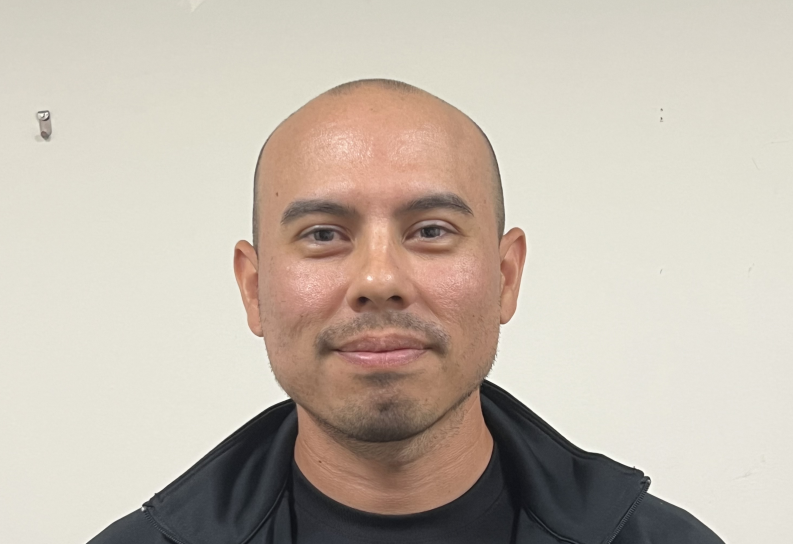Standards Based Grading Faces Controversy Among Students and Faculty
May 11, 2023
For over a decade, the modern and classical languages department at Greenhill, with the exception of honors and AP classes, has used standards based grading (SBG), also known as competencies based grading (CBG), to assess students’ mastery of their languages. Now, SBG is used in the language and science departments, with the same exceptions for the higher-level classes, but not without some necessary changes.
The goal of SBG is to gauge students’ mastery of individual concepts by assessing many standards separately on one test instead of giving one grade that covers a student’s performance on each competency.
“Because you are assessing each standard individually and repeatedly, [SBG] does allow for students to have a much deeper and solid understanding of each concept,” said spanish teacher April Burns.
Burns attributes this deeper level of understanding to the flexibility the style of grading provides to students who do not master each standard on their first attempt.
“With [SBG], I really do believe that it works well with language because it gives students a little bit more flexibility to customize a timeline to master each standard,” said Burns.
The science department has taken inspiration from the modern and classical languages department in its use of the grading system.
“[SBG] puts the focus on what your strengths are and what your weaknesses are,” said Head of the Science Department, Treavor Kendall.
The math department has also gravitated towards the new system and has incorporated it into a mainly traditional grading system.
“What we are doing in the math department with growth opportunities is we are asking for the most recent feedback by giving you an opportunity to show improvement,” said math teacher Charlie Janicki. “For growth opportunities and reassessments to have value, I think they should have the ability to impact your grade in both directions.”
While SBG has been prominent within both the language and science classes, there have been different protocols for each department.
“Moving to [SBG] was the best move in the world,” said biology teacher Hennah Abubaker. “While the intentions behind the move were good, I can personally see that the students have yet to fully grasp the system. There is a need for a consistent grading system across the Upper School, and the lack of consistency can be really confusing for kids.”
The modern and classical languages department is using SBG in its entirety. This includes individual competencies, retests of competencies and a grade range on a 4.0 scale.
On the contrary, science uses a system in between SBG and traditional grading that consists of individual standards and retests but grading on a conventional scale. This places less emphasis on the mastery of individual standards and more weight on the overall grade of a test.
This has created a disconnect between language and science, seeing as they had initially intended to take a unified approach when introducing SBG to Greenhill.
“Science has made a few changes to the way they have gone about using [SBG],” said Burns. “They have gone through three or four iterations of [SBG] and have encountered some of the same challenges we have in regard to the grade book.”
Blackbaud, the program that runs Greenhill’s grade book, has a section called “Learning Progression,” where the language and science teachers can input the grades to the individual standards using the SBG system. While Blackbaud has a location for these grades, SBG teachers have run into issues while using the website.
“I see it as neutral,” said Kendall. “It’s not built well for what we want to do, but we tweak it and adapt it to our purpose in addition to bringing in other tools.”
Students have also tried to adapt to SBG despite the fact that every class uses SBG in different ways.
“Sometimes it’s hard to keep up,” said sophomore Cooper Rabin. “First, I go to Spanish and use a 1,2,3,4 system [SBG], then history, english, and all of my electives are using a more traditional grading scale, but science is using a system with both the [SBG] and traditional scale. Even at this point in the year, it still gets confusing.”
Because SBG has not been uniformly accepted across all departments, it has caused some confusion for students and teachers alike.
“We are on a journey in terms of learning and improving our practice,” said Kendall. “SBG has been around for a long time and isn’t necessarily new, but we will improve it and tweak it as we go.”











